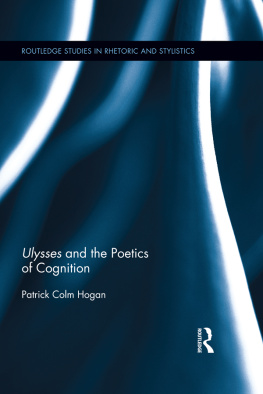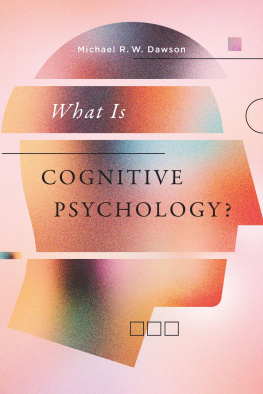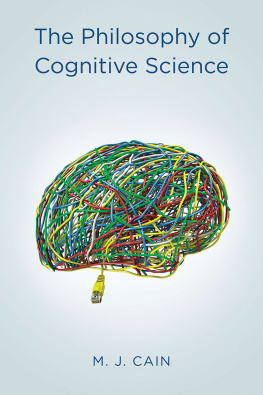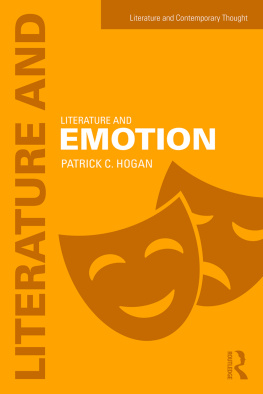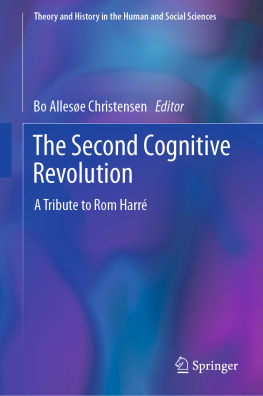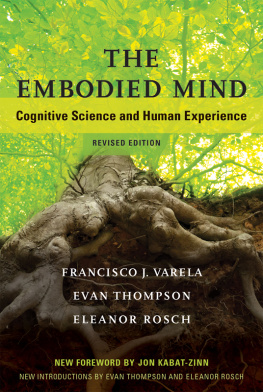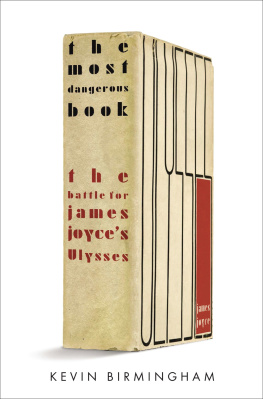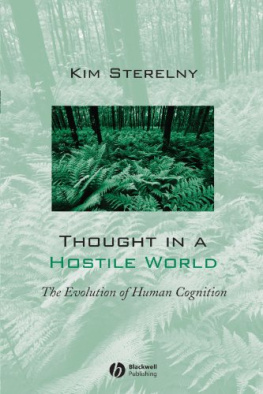Writing in 1984, the influential critic and theorist Ralph Rader observed that Ulysses stands unchallenged as the greatest literary work in English of the twentieth century (340). Today, too, there are probably no other serious contenders for this distinction. Of course, many people would dispute the value of such a ranking. There are too many criteria by which one could evaluate works of literature. By some criteria, Ulysses may not succeed very well. Even so, the status of Ulysses is hardly arbitrary. It is connected with the wide range of criteria by which this novel exhibits unusual excellence. For example, critics have recently come to stress the place of Ulysses in post-colonial studies. Indeed, analyzing the novel in the context of anticolonial struggles has become almost commonplace. As I write, the current edition of the James Joyce Literary Supplement includes recent books treating Anti-Colonial Aesthetics in Joyce, Decolonizing Modernism (including Joyce), Empire and Joyce, as well as the relation of Irish Modernism to the Postcolonial (see Majumdar, Venegas, Szczeszak-Brewer, and Rubenstein, respectively). In keeping with this, Joyces relation to colonialism, anticolonialism, and nationalism will be a recurring concern in the following pages.
Treatments of Ulysses that emphasize its postcolonial credentials fall into the broader class of evaluative criticism that addresses the relation of the novel to our understanding of the real world. Though most critics would probably not phrase the idea in this way, the suggestion of such work is that we come to understand the real world (e.g., the world of colonialism) more fully through literary works. Commonly, that understanding has one of three foci. The first is social relations, particularly political relations. Thus not only colonialism and nationalism, but also racism, cultural identity, gender, and patriarchy, become central topics for both interpretation and literary scholarship.
The second common focus for worldly treatments of a literary work (as Edward Said might have put it) is ethical. Since at least the time of Plato, literary works have been examined for their moral (or immoral) implications. The mention of morality might bring to mind simplistic treatments of the life lessons that are taught to us by a literary work or the corrupting and degrading influences a work might have on our moral natures. However, the examination of a works ethical implications is often complex and nuanced, particularly as practiced by moral philosophers. In the study of Ulysses , there is hardly a more perceptive critic than Martha Nussbaum. In her Upheavals of Thought: The Intelligence of Emotions , Nussbaum presents Ulysses as the apex of a moral ascent that involves not only ethical judgment and feeling, but a sense of real humanity, with all the messiness that involves. One may or may not agree with the details of Nussbaums analysis. However, her integration of ethics and emotion, a sense of right and a feeling of human acceptance that goes beyond a condescending tolerance of other peoples supposed faults, is valuable both as a theoretical formulation and as a way of understanding the finely drawn moral thought and feeling implicit in Ulysses. Indeed, as my appreciative comments suggest, Nussbaums chapter on Joyce is one of the most important inspirations for the present study.
It is worth pausing for a moment over the precise ethical and political purposes of Ulysses. I suspect Joyce did not set out primarily to convey a political or ethical message. However, it is clear he had political and ethical views that are necessarily woven into the fabric of the narrative necessarily, because they are manifestations of his own attitudes and interests. It should be obvious to even casual readers that the book criticizes (and analyzes) anti-Semitism. As already suggested, it is also clearly anticolonialist. However, it is at the same time antinationalist. The anticolonialism and antinationalism may appear contradictory. However, they are perfectly consistent. There is a larger pattern here. Joyce was, as we will see, opposed to reducing individual complexity and value to any identity category. Thus he was necessarily opposed to both colonialism, with its assertion of the group identity of the colonizer, and nationalism, with its assertion of the group identity of the colonized. Anti-Semitism fits here as well, for it too is a doctrine that reduces individuals to identity categories.
In keeping with this, Joyce also distrusted constraints on individual freedomfreedom of thought, freedom of expression (including literary creation), and freedom of non-harmful, consensual action. The final point is particularly important in Ulysses. As Nussbaum recognized, Joyce set out to depict human ordinariness, and that ordinariness is often highly indecorous. It involves thoughts, desires, and actions that we all deny due to an excess of public shame. This is particularly true of sexual thoughts, desires, and actions. As we will see, Joyce provides many suggestions that his obvious self-representative in the novel, Stephen Dedalus, has homosexual feelings and may have engaged in homosexual acts. Leopold Bloom has androgynous fantasies and engages in masturbation, as do several of the women in the novel. Masturbation, though widespread, was routinely vilified at the time and was undoubtedly a source of deep shame for many people then and later. Joyce engages in a political project of very broad consequence when he seeks to destigmatize masturbation, as well as homosexuality, transvestism, and other vilified practices. Indeed, Joyce goes so far as to give Bloom coprophilic tendencies. It would seem that the purpose of this is in part to present the most extreme case possible. If even coprophilia is not a proper source of shame, then surely other forms of sexual desire are not.
This sexual liberation aspect of Joyces novel may seem banal now, after the sexual revolution of the 1960s. But there is a sense in which it is no less relevant now than at any time since it was published. As Pinkerton and colleagues note, masturbation remains one of the most stigmatized sexual behaviors (107), hidden in secrecy and shame (106) despite its prevalence. More generally, JoAnn Wypijewski points out that mechanisms of surveillance and restraint are not relics of a benighted past. The times are not auspicious, she argues, when judges dispute whether Americans have any right to sex (9). Alexander Cockburn goes still farther, noting that US sex offender registries doom three-quarters of a million peoplemany of them convicted on trumpery chargesto pale simulacra of real life. Others endure castration and open-ended incarceration (9).
If one wishes to label Joyces politics, then anarchism seems as good a label as any, as Manganiello has discussed at length. This is particularly true if one thinks of Emma Goldman as representative of anarchism. Her commitments were not only anticolonialist and antinationalist. They also involved a deep concern with sexual liberation.
Returning to the general topic of interpretation and evaluation, we may think of the first area of worldly critical analysis and evaluation (politics) as bearing on systemic interrelations among people, whereas the second (ethics) concerns an individuals actions in the world. The third of the three areas in which we tend to evaluate fiction in relation to the real world is psychology, moving us from the individuals (ethical or unethical) behavior to his or her mind. Thus another common way of evaluating and analyzing a literary work is in terms of what it tells us about human mental operations. This too has been a prominent form of analysis in Joyce criticism. As one would expect, a great deal of this criticism has been psychoanalytic. Indeed, Jacques Lacan, perhaps the most important psychoanalytic writer after Freud, treated Joyce extensively.

